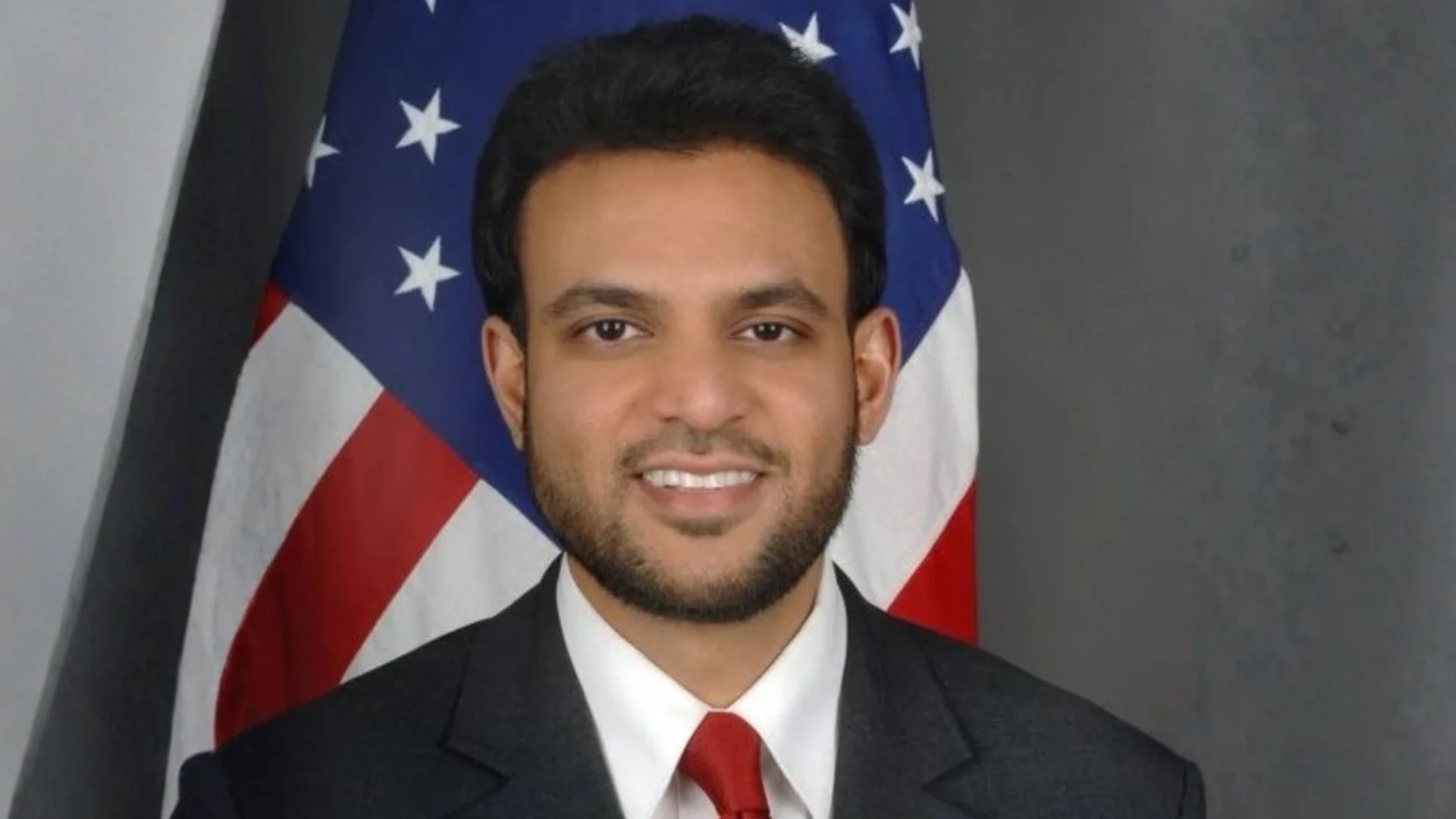Ambassador Hussain reported to World Trade Organization (WTO) members on the status of agriculture negotiations ahead of the 14th Ministerial Conference (MC14), set to take place in Cameroon in six months. He described a mood of realism and pragmatism among delegations, while acknowledging skepticism about whether significant differences could be resolved in time for substantial outcomes at MC14.
Members have been monitoring recent developments in trade policy and many believe that achieving consensus may now be more difficult than during previous periods. Ambassador Hussain stated, “The current turbulence in the international trading system undoubtedly adds to the prevailing uncertainty.”
Despite these challenges, he noted that many members consider it important to achieve concrete results on agriculture and food security as part of the MC14 agenda. The WTO Secretariat provided a historical overview of market access negotiations since 1999, including efforts to identify incremental achievements. Another presentation from the Secretariat highlighted that regional trade agreements have reduced tariffs on many agricultural products but not as extensively as for non-agricultural goods. Remaining tariffs on agricultural imports are still much higher compared to those for other sectors.
Ambassador Hussain outlined three main groups among negotiating members: those conducting their own consultations without requesting facilitation; those preferring internal discussions before wider outreach; and market access proponents seeking help from the Chair to facilitate talks. Due to significant gaps between positions and no new submissions from members, he said there are currently no plans to introduce a Chair’s text ahead of MC14.
Food security remains a central concern for several delegations, who suggested this shared priority could form the basis for an agreement at MC14, potentially including immediate measures for vulnerable countries. Some members emphasized addressing export restrictions within food security discussions, while others called for a broader approach.
Other issues discussed included improving market access, possible progress regarding cotton development, and practical solutions for trade facilitation challenges. Members reaffirmed support for a multilateral rules-based trading system as essential for predictability and reducing uncertainty.
The Cairns Group and African Group updated participants on their ongoing consultations focused mainly on domestic support policies in agriculture. Both groups expressed hope to present contributions soon.
Some delegations proposed increasing technical dialogue through expert-led side events or data-driven discussions to advance talks on complex issues. Ambassador Hussain encouraged continued innovation and collaboration among members and urged them to submit written proposals that could be adopted at MC14.
In another session, members discussed public stockholding programs in developing economies—specifically procurement at administered prices—and debated the proposed Special Safeguard Mechanism (SSM). This mechanism would allow developing countries temporary tariff increases if faced with import surges or price drops. Proponents argued that these tools are crucial for resilience and food security amid volatile markets but acknowledged limited consensus so far.
Suggestions were made to break negotiation deadlocks by holding thematic sessions or considering interim safeguard mechanisms based on prices rather than volumes.
Ambassador Hussain concluded by offering ongoing support as facilitator between WTO members and welcomed news that some new submissions are forthcoming. He urged transparency: “Negotiations must be transparent and inclusive based on member submissions shared with the whole membership, with the CoASS at the very heart of the process,” he said.

